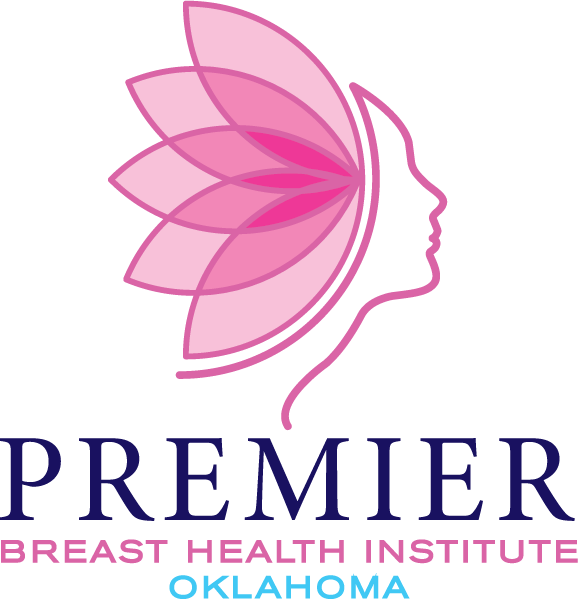
Understanding Your Diagnosis

What Happens If I’m Diagnosed with Breast Cancer?
Being diagnosed with breast cancer is often frightening and confusing. It is easy to feel lost in a world of unfamiliar medical terms, procedures, and advice. Questions about diagnosis, treatment, finances, relationships and quality of life can cause you worry and stress.
Sometimes you don’t know where to begin or even what questions to ask. The good news is that you are not alone in this journey, and we hope that the following information will help provide you with some answers regarding your new diagnosis and treatment options.

Breast Health Guide
If you're looking for a more detailed guide to breast cancer types, treatments, and what to expect, we have created a comprehensive patient booklet to support you.
Step 1: Understanding Your Diagnosis
Not all breast cancers are the same. Your diagnosis may include:
The type of breast cancer (such as invasive ductal carcinoma or DCIS)
Its stage (how far it has spread)
Its grade (how fast the cells are growing)
Hormone receptor status (whether the cancer responds to hormones like estrogen)
HER2 status (a protein that influences treatment options)
All this information comes from your pathology report, which your care team will explain and walk you through.
Step 2: Meeting Your Care Team
You won’t be doing this alone. Your care may include:
A breast surgeon
A medical oncologist (specializes in cancer medications like chemo or hormone therapy)
A radiation oncologist
A nurse navigator who supports and guides you throughout your treatment
Additional experts like a plastic surgeon, genetic counselor, dietitian, and social worker
Step 3: Determining Your Treatment Plan
The order of these treatments varies. Some people have surgery first; others start with medication to shrink the tumor (called neoadjuvant therapy). Your treatment is personalized and may include:
Surgery – to remove the cancer (lumpectomy or mastectomy)
Radiation – to kill remaining cancer cells in the breast or nearby tissue
Chemotherapy – to destroy cancer cells throughout the body
Proton Therapy - radiation that uses protons—positively charged particles—to target and destroy cancer cells
Hormone therapy – if your cancer grows in response to hormones
Targeted therapy or immunotherapy – for cancers with specific genetic features
Step 4: Asking Questions and Taking Time
This process can feel fast, but you do not have to rush decisions. It’s okay to ask:
What are my treatment options?
What happens if I wait a few days to decide?
Can I get a second opinion?
What are the risks and side effects?
Step 5: Emotional and Practical Support
Breast cancer affects your whole life, not just your body. Our team offers:
Support groups and counseling referrals
Assistance with wigs, bras, and prosthetics
Financial and insurance navigation
A direct line to your care team if you feel overwhelmed
Step 6: Planning for What Comes After
Your journey doesn’t end with treatment. Our survivorship planning includes:
Follow-up screenings
Lifestyle support (nutrition, fitness, bone health)
Emotional wellness resources
Long-term health monitoring
Take a Deep Breath.
Then Reach Out.
A breast cancer diagnosis is life-changing, but so is the strength you’ll discover within yourself. You are not expected to understand everything right away. We are here to answer your questions, hold your hand, and give you the best care every step of the way.







